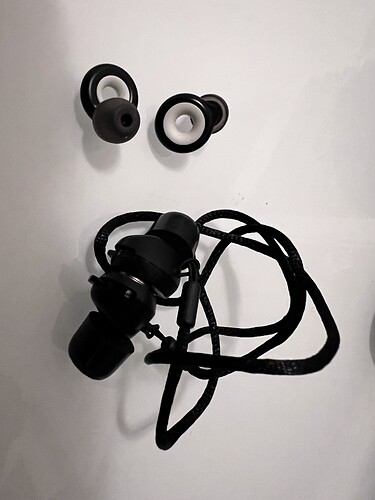Hello Bass Buzz community and happy Friday,
As the thread title implies, I am interested in hearing (if posters would be so willing to take the time) the ins and outs of how those of you who went from a beginner bass player to playing in a band.
How did you do it? Would you be willing to share the specifics of your practice routines and how you developed your skills - and confidence - to play in a band?
How often would you practice? For how long? What constituted your practice sessions (i.e., how would you focus your time)? What other things contributed to your development?
I realize this is a big ask, and frankly - before posting - I’m a little worried my first post will get passed over and disappear into the dustbin of “threads I never bothered to respond to” or maybe “tl;dr” posts ![]()
To be honest, and I hope this member doesn’t mind me using his name, but as I become more active in the community here I’ve spent significantly more time browsing the “Post your covers!” thread where I’ve enjoyed and taken inspiration from everyone who shared themselves playing.
However, one particular badass has really stood out - @sunDOG - so much so that I asked if he was a professional to which he answered having never played before, while in “The Reason People Don’t Get Better at Bass” thread he shared his goal of playing in a band and a couple of steps to get there. This is when I started thinking about asking someone what, specifically, did it take to reach that goal?
I have such admiration for your level of play and accomplishments @sunDOG that I considered asking you directly, but then thought this would be a good question for the B2B community as a whole. So, here it is.
As he said in the linked thread above
with that in mind the questions I’ve asked are not simply about copying what other people have done, but seeing what it took for people to go from beginner to badass to band and use your achievements and success as a model for my own aspirations.
Whew! That’s a mouthful.


